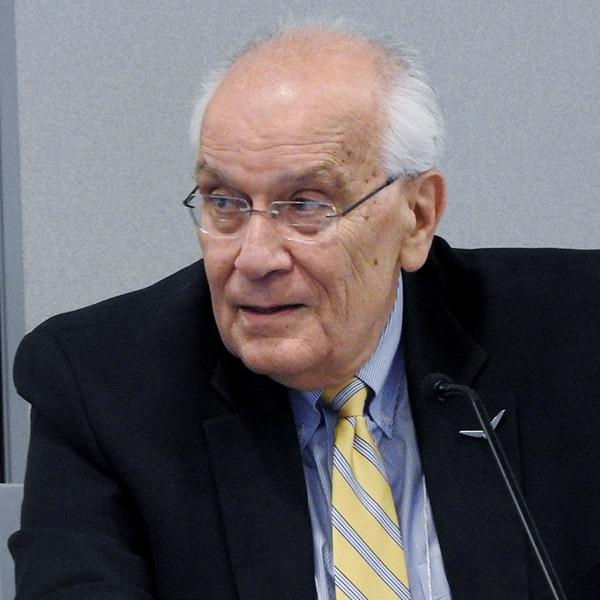New Jersey’s Board of Public Utilities (BPU) on Wednesday pulled an item from its meeting agenda that concerned modifying the scope of the state’s $1.1 billion offshore transmission project after the Division of Rate Counsel complained that it had not been properly advised of cost increases.
In a letter to the BPU on Monday, the Rate Counsel said it believed the cost of the project, which was approved in October, had already increased by $127.3 million, or about 12%. But the counsel said it was unaware whether that was the modification sought by the BPU at the meeting because the board had not provided details of the change or advance warning, as is required by law.
The apparent increase is the first for a project that marks the first use of the FERC-authorized State Agreement Approach (SAA).
The cost increase comes as the state’s ambitious plan to install 11 GW of offshore wind capacity by 2040 has come under increasing scrutiny from Republicans and business groups expressing concern that its cost to ratepayers is not clear.
 BPU chair Joe Fiordaliso | © RTO Insider LLC
BPU chair Joe Fiordaliso | © RTO Insider LLC
At the same meeting, the board approved a five-week delay in the deadline for submissions in the state’s third OSW solicitation, and BPU President Joseph Fiordaliso criticized the state’s OSW developers for creating “intolerable” delays.
The BPU used the SAA process to solicit 80 proposals outlining ways to enhance and develop infrastructure that would enable OSW projects to tie into the state grid, and then picked one main project using pieces of two submissions and several smaller projects. (See NJ BPU OKs $1.07B OSW Transmission Expansion.) The state is now preparing to launch a second such transmission solicitation.
In his letter, Rate Counsel Brian O. Lipman said that as a legally recognized party to the process, his office should have been notified of any proposed budget changes and “provided a fair opportunity to be heard” because ratepayers will “pay 100% of the costs.” He urged that the agenda item be “removed from consideration” because of the way it was handled.
“Rate Counsel did not learn of the matter until it was posted on the agenda,” he said. As a result, he said, “it is not clear if the board will now ratify those changes, or if there are additional costs that will be passed to ratepayers.”
Fiordaliso did not explain the removal when he announced it at the start of the meeting. The BPU did not immediately respond to a request for comment from RTO Insider.
Lipman told RTO Insider he first heard about the cost increases at the May 9 meeting of the PJM Transmission Expansion Advisory Committee. He provided a PJM presentation from the meeting that showed a cost increase of $127 million, bringing the total to $1.192 billion.
5-Week Delay
The board approved a five-week extension of the deadline for developers to make submissions under the state’s third OSW solicitation process, which began in March.
Two new board members, Christine Guhl-Sadovy and Marian Abdou, did not vote on any items at the meeting. (See NJ Senate Approves Two BPU Commissioners.)
The board agreed to shift the deadline from June 26 to Aug. 4. It also delayed by the same amount of time other deadlines by which certain tasks in the application must be completed, such as deposit payments and the board’s response to clarifying questions.
The third solicitation could double the state’s approved capacity of 3,758 MW and would allow the BPU to approve projects totaling between 1.2 and 4 GW, and perhaps more. A board award of 4 GW in the third solicitation would take the state to approved capacity of 7.58 GW. (See NJ Opens Third OSW Solicitation Seeking 4 GW+.)
The order that was approved does not explain the change except to say it will “allow applicants more time to develop their applications.”
“I think this is in the best interest of the ratepayers,” Fiordaliso said. “I think it also gives the developers an opportunity to come up with the best possible proposal that they can.”
Earlier in the meeting, however, Fiordaliso lashed out at the state’s offshore developers for creating what he said were repeated delays. It was unclear, however, what issue he was referring to, or what prompted the statement.
“We have had, almost since Day 1, delay after delay after delay,” he said. “We have … staff members who have busted their backs. And I’m looking at two of them right now on offshore wind. And all one developer in particular has done is delay this process for one reason or another.”
He did not identify the developer, and he added that “climate change continues to progress at a rate that is dangerous.”
“We cannot afford any more delays,” he said. “So I’m issuing a recommendation to those developers: Put your nose to the grindstone, and let’s get this going again. Because my patience is short, and your delays are intolerable. And if you can’t do that, we have to have a very intense discussion.”
Asked about Fiordaliso’s comments, Madeline Urbish, head of government affairs and market strategy in New Jersey for Ørsted, said the company is “committed to delivering Ocean Wind 1,” the state’s first OSW project.
“Today’s comments are unexpected, as we are working and have worked closely with the BPU, [the New Jersey Department of Environmental Protection] and federal agencies throughout the development process to ensure the project moves forward in a responsible and expedient way despite early delays in federal permitting under the previous administration,” she said.

